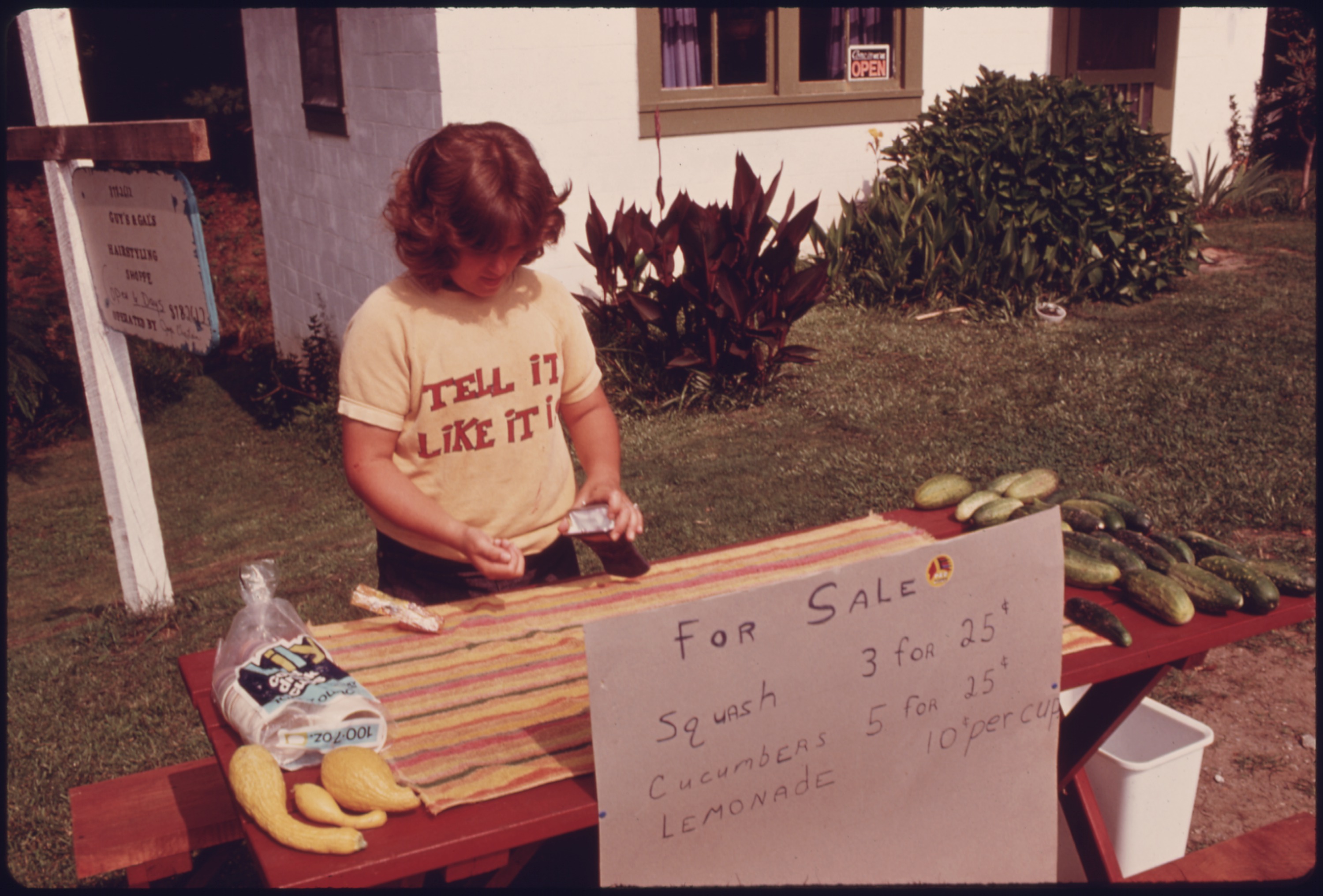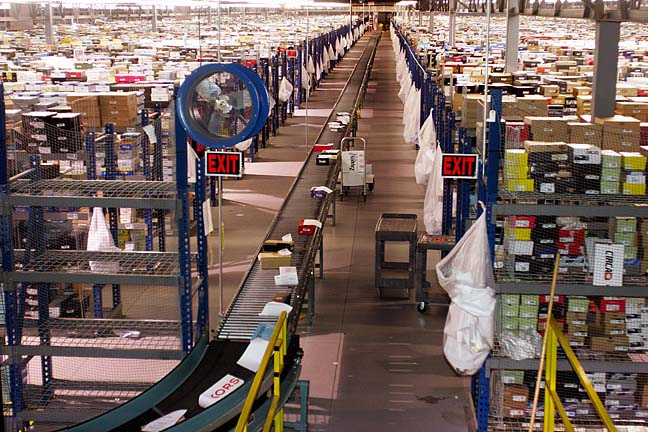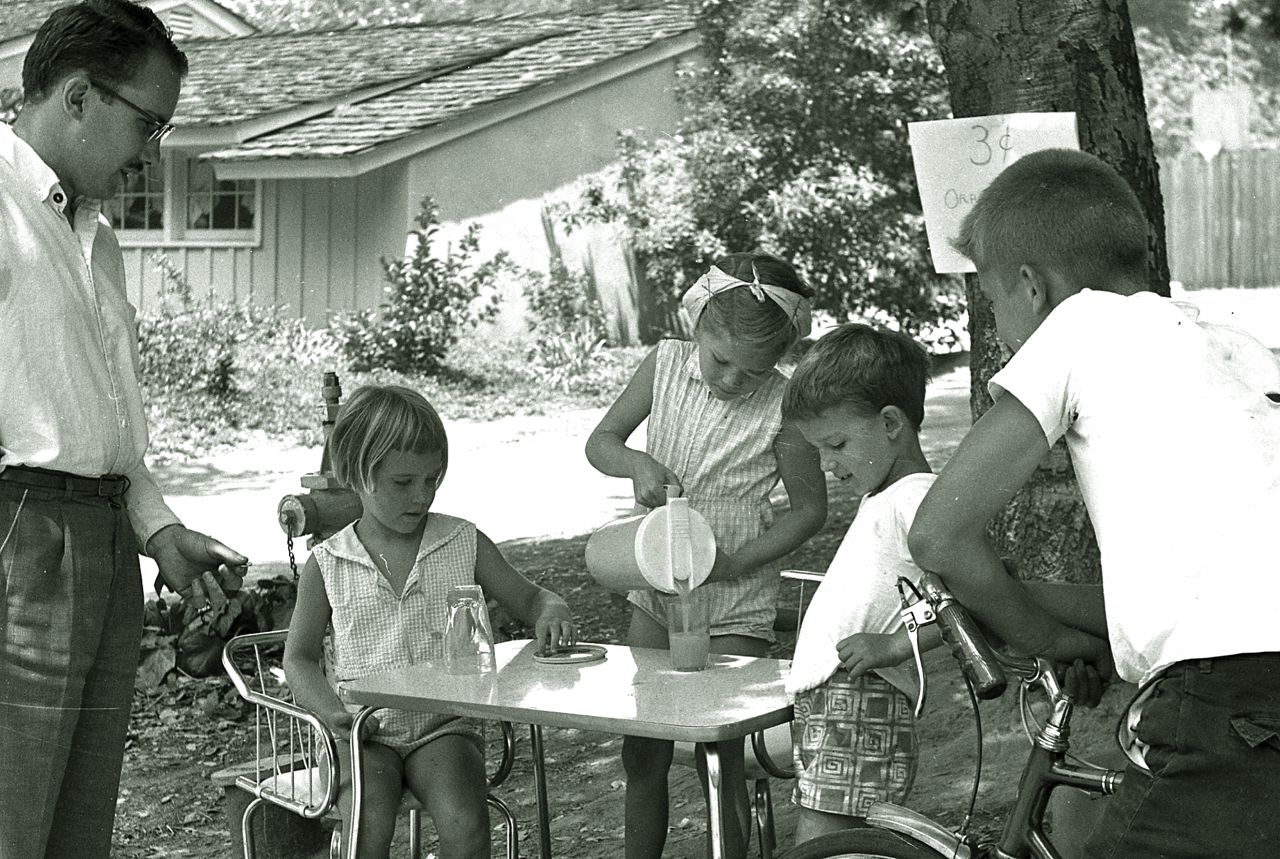At my elementary school, there was one particular day of the year that every kid looked forward to. Kids loved it, lost their freaking minds over it actually.
It was better than field day, better than snow days. One time we actually had a snow day on this day and everyone was furious.
It was called Junior Entrepreneur Day.
The students would have one whole school day to build and operate a small business. We were given a surprising amount of autonomy with this. Short of anything illegal or dangerous, almost anything was fair game. You could work alone or team up with your friends. Most kids sold candy (high demand, but stocking inventory is costly) or handmade artwork (easy inventory, crummy demand).
We were using a made up, school-wide currency, but to us it had real value. What’s amazing, actually, is this currency held its value all year, traded and wagered with on the playground in anticipation of the next Junior Entrepreneur Day.
What is it about kids and entrepreneurship? We often think of entrepreneurship as this very adult-like quality that kids can grow into with the right training early on. But what if we’ve got that backwards? Maybe kids are the real entrepreneurs. Maybe adults just screw it up.
Ever see an adult sitting in their yard at a lemonade stand? Ever see an adult knocking on doors in a blizzard, offering to shovel a driveway for $5.
Run a Google search for “kid entrepreneurs” and you’ll find list after list of adolescent millionaires who started their own businesses. Bill Gates and Mark Zuckerberg famously started their companies before age 20. On the other hand, how many famous founders can you name who started after age 40?
4 kid-founded Business
You Can Support Right Now
Ry’s Ruffery
Leanna’s Natural Hair Products
SuperJam
Elementeo
There are a lot of resources available aiming to help adults teach kids to be entrepreneurial. But maybe it’s not something to be taught, maybe what adults need to do is get out of the way and let it happen. One study found that students as young as 2nd grade understood the effects of supply and demand.
Paul Ahlstrom, co-founder of Alta Ventures Mexico, once told a group of young entrepreneurs that children are naturals.
“It just comes natural. Children are natural entrepreneurs. It’s only as you get older that you become afraid to fail. And not only that but suddenly you’ve got a lot to lose.”

How a billion dollar business started with buttons
Once upon a time, there was a little boy in California named Tony. Tony, like most boys, dreamed of adventure, creativity and living life on his own terms. He wanted to get started right away.
So Tony started businesses. He organized garage sales, he started a community newsletter, he sold Christmas cards. One day he bought a button making kit from an ad in Boys’ Life magazine. The kit was $50 and it cost 25 cents for the materials to make each button.
Tony had a business idea. He placed an ad in another publication advertising custom buttons. Customers could send in a photo and a $1 bill and he’d mail them back a button with their photo inside. The profit was 75 cents per button.
Orders started flying in. During middle school, Tony’s button business brought in a steady $200 a month.
Tony eventually grew out of the button business. But he never grew out of the lessons it taught him. He started more businesses, went to college, started even more businesses. Holding onto lessons from each one.
One of those businesses went on to help millions of people find shoes and clothing online and was acquired by Amazon for $1.2 billion. The boy was Tony Hsieh, and he grew up to become CEO of Zappos.
In a way, his success all started with the business ideas he had as a kid. His giant successes were motivated by the smaller successes. As he wrote in “Delivering Happiness,” his 2010 book:
“My thought was that eventually I would start another mail-order business that I was more passionate about.”
He sure did.
And what did all of this get Hsieh? Millions of dollars, sure. But more importantly, he got what the younger Tony started all of this for in the first place. He got the life of creativity, adventure, and living on his own terms that he always wanted.

Why are kids wired to love entrepreneurship?
So why is it that kids are wired this way?
According to researchers, it appears we are all wired this way. It’s in all of us. Most adults just somehow bury it along the way.
Because the things kids seem to love about running a business — autonomy, creativity, making progress toward a meaningful goal — those are the same things adults love about running a business.
In fact, those are the factors that motivate adults in any job, whether they’re running the company or sweeping the floors. At I Done This, we want to help you record and celebrate your progress. By working toward meaningful goals and having autonomy in the way you work, you can regain some of that childlike wonder about the workplace. Even if you don’t run the company. You can love what you do.
You can feel like a kid again.
P.S. If you liked this article, you should subscribe to our newsletter. We’ll email you a daily blog post with actionable and unconventional advice on how to work better.

